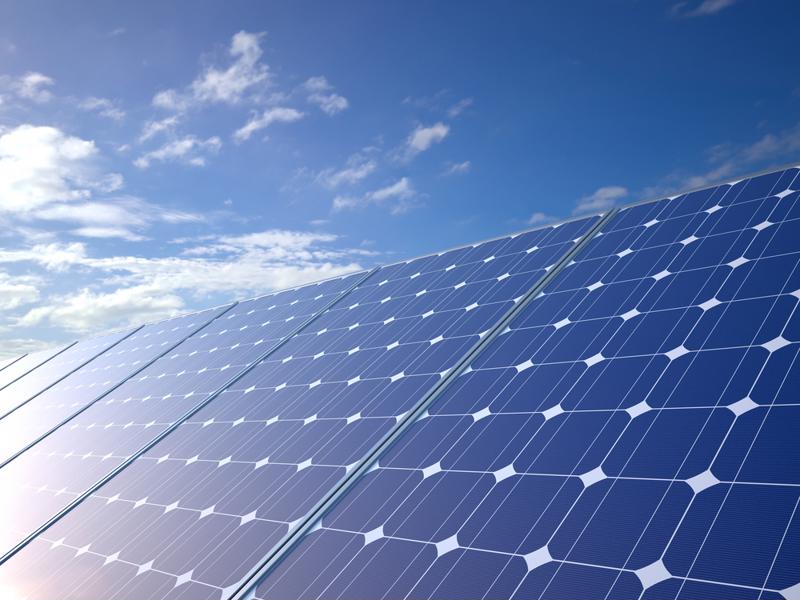Geopolitical tensions between the United States and China and the lingering consequences of the COVID-19 pandemic have both caused serious disruptions in the market that have already had downstream consequences for stakeholders throughout the supply chain.
China sits atop the world's supply of polysilicon
China is the world's leading producer of polysilicon, a raw material of tiny crystals that is used as one of the basic elements in solar panel manufacturing. The polysilicon crystals are melted down to produce ingots, which form the basis of the photovoltaic wafers in finished solar panels.
In 2021, China controlled 79% of the world's production of polysilicon, according to research from the International Energy Agency (IEA). Further, the world's leading three producers of polysilicon are presently all based in China, according to Bernreuter Research.

US-China tensions have hit solar markets
The inherent challenges of the overconcentration of the world's supply of polysilicon were put on display in 2021, when it was reported that a significant portion of China's polysilicon output — 42%, according to the above IEA report — came from the country's Xinjiang province. Xinjiang has been in international news in recent years due to allegations of forced labor and cultural genocide in the province.
The United States moved to ban some polysilicon imports from Xinjiang, which seems to have already created bottlenecks. Reuters reported that thousands of shipments of solar energy components have been locked in ports in the wake of the new regulations. These challenges are likely to persist if the United States imposes further restrictions on polysilicon imports originating in Xinjiang.
China's polysilicon suppliers have suffered under COVID-Zero
A more immediate concern for global solar manufacturers is the lingering effects of the COVID-19 pandemic. China's aggressive approach to curtailing the spread of the virus (termed "COVID-Zero") has forced many polysilicon suppliers to shut down operations (or at least greatly curtail their manufacturing output).
In a statement, the China Silicon Industry Association reported that the prices for raw materials like polysilicon dropped significantly at the end of the 2022, which puts severe financial pressure on normal business functions, while many manufacturers were also operating well below normal capacity.
Global solar panel manufacturers' dependence on Chinese markets will continue to disproportionately expose them to disruptions and slowdowns as China implements new measures to fight the virus.



Post A Comment:
0 comments so far,add yours